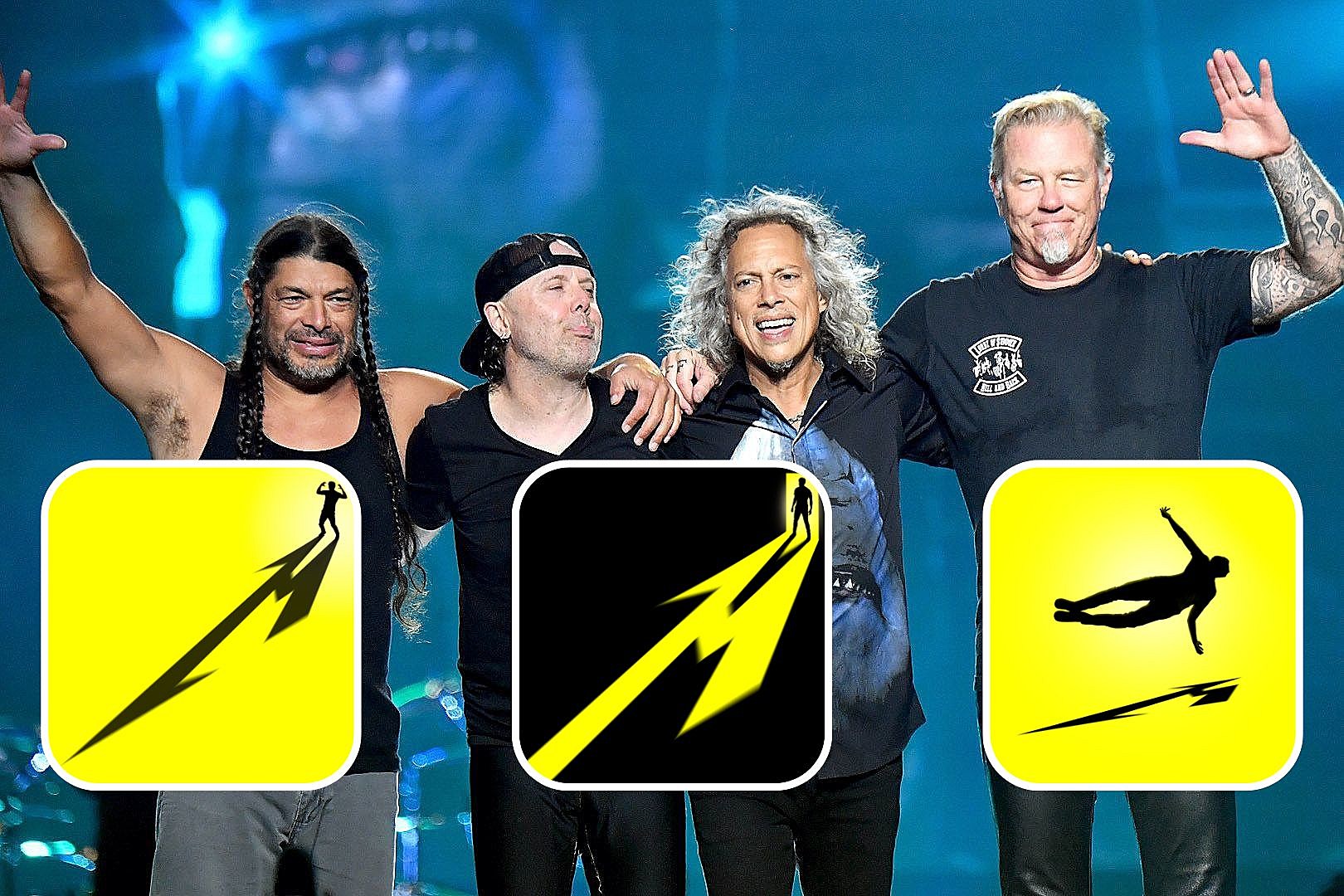Every Metallica instrumentals is ranked from worst to best and the real reason behind it

We’ve rearranged the six Metallica instrumental songs in reverse order of greatness, starting with (Anesthesia) Pulling Teeth and ending with SuiciԀe & Redemption.
While many metal bands have instrumental suites in their back catalogs, few are as well-known as Metallica in this regard. The thrash metal heavyweights crammed one into every album during their golden age of the 1980s, and every one felt nimble, heartbreaking, and sometimes even groundbreaking. The band has only sometimes adhered to this tradition, but the fact that they are still recognized as the pioneers of vocal-free metal music tells it all.

Hammer’s rated every instrumental studio track by Metallica to honor their skill at stepping back from the microphone and letting the music speak for itself. Join us as we go from the also-rans to the standard-bearers, covering everything from (Anesthesia) Pulling Teeth to SuiciԀe & Redemption and all in between.
6. We All Love Ennio Morricone, 2007; cover of The Ecstasy Of Gold by Ennio MorriconeRest assured that we are not referring to the magnificent live symphonic S&M reinterpretations or the original Ennio Morricone composition, which started Metallica’s concerts since 1983 and served as the music to one of the best western films ever filmed. No, this is the awful cover of heavy metal that the band did for the composer’s 2007 tribute album. The Four Horsemen sound like they’re playing in boxing gloves at the opening, the wah pedal is overdone, and James Hetfield’s “Yeah-eh” exhortations are best left unsaid. It’s nasty and horrible, not good.

3. Ktulu’s Call (Ride the Lightning, 1984)Once again, Burton had a significant role in the creation of this song. His bass playing is noticeable but never overpowering, and he introduced the rest of the band to the works of H.P. Lovecraft, which would eventually inspire The Thing That Should Not Be. The Call of Ktulu not only displays some amazing technical prowess but also creates an appropriately ominous mood as it plummets towards its climаx like an eldritch beast from the depths. The last piece of guitar music that Dave Mustaine ever contributed to Metallica is included in the suite’s introduction.
1. Orion (The Puppet Master, 1986)Naturally, Cliff Burton is a major figure on this list, and Orion is the bassist’s best work to date. Again, the vision of Metallica’s late, great maverick was mostly responsible for this beloved maze of solos, stomping, and riffs, even though it was a formal collaboration between Burton, Hetfield, and Lars Ulrich.

Ulrich told Creem, “Cliff came up with a very different-sounding piece than anything we’d done before.” It sounded like a traditional Swedish song to me! And because we enjoyed both playing and listening to it so much, we decided to center the whole song on that middle section.
The ensuing masterwork serves as an emotional bridge to Metallica’s history while also helping to redefine what a metal bassist may sound like. Orion is an undeniable highlight, not only on an album as loaded and immaculate as Master Of Puppets, but maybe even the best instrumental release in the history of these giants.